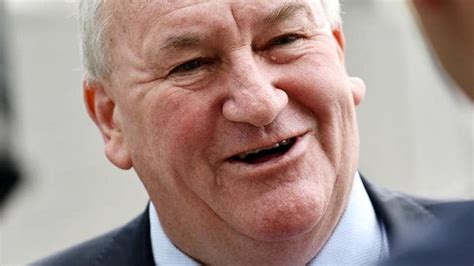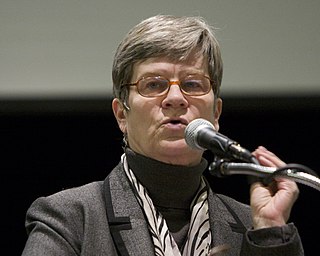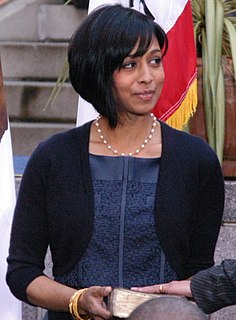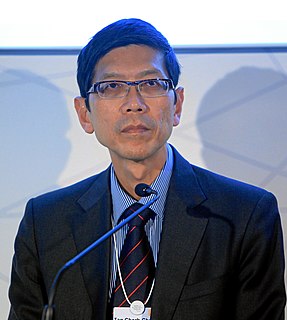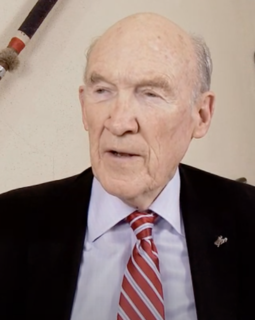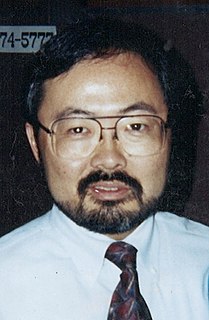A Quote by Kevin Brady
The speakers I value don't just sound intelligent but can boil down complex issues in a clear, understandable way that encourages the public to think about the solutions.
Related Quotes
Network news accustoms audiences to assertion not argument. Over time, it reinforces the notion that politics is about visceral identification and apposition, not complex problems and their solutions. ... sound bites aren't very helpful. They can tell a voter what a candidate believes, but not why. And many issues are too complex to be freeze dried into a slogan and a smile. ... What's lost in a world in which everything's an ad? Perhaps the country that created the assembly line has simply found a more efficient way to do politics.
Speakers find joy in public speaking when they realize that a speech is all about the audience, not the speaker. Most speakers are so caught up in their own concerns and so driven to cover certain points or get a certain message across that they can't be bothered to think in more than a perfunctory way about the audience. And the irony is, of course, that there is no hope of getting your message across if that's all the energy you put into the audience. So let go, and give the moment to the audience.
I dabbled a little bit in acting in high school, and then I forgot about it completely. And then at about 25 I went to a class. I don't think anybody in my family thought it was an intelligent choice. I don't think anybody thought I'd succeed, which is understandable. I think they were just happy that I was doing something.
I dabbled a little bit in acting in high school and then I forgot about it completely. And then at about twenty-five I went to a class. I don't think anybody in my family thought it was an intelligent choice. I don't think anybody thought I'd succeed, which is understandable. I think they were just happy that I was doing something.
I think, at some level, we see young people all over the country mobilizing around different issues, in which they're doing something that I haven't seen for a long time. And that is, they're linking issues together. You can't talk about police violence without talking about the militarization of society in general. You can't talk about the assault on public education unless you talk about the way in which capitalism defunds all public goods. You can't talk about the prison system without talking about widespread racism. You can't do that. They're making those connections.
The environmental issues we face today are complex and span many knowledge domains. This undergraduate degree programme in Environmental Studies will nurture a pool of graduates who are able to think deeply and broadly about these issues, and help develop novel solutions for Singapore, Asia and beyond. I am delighted at this programme for another reason - it is the first undergraduate course that draws on expertise from eight Faculties in NUS, making full use of the comprehensive strengths of our University.

